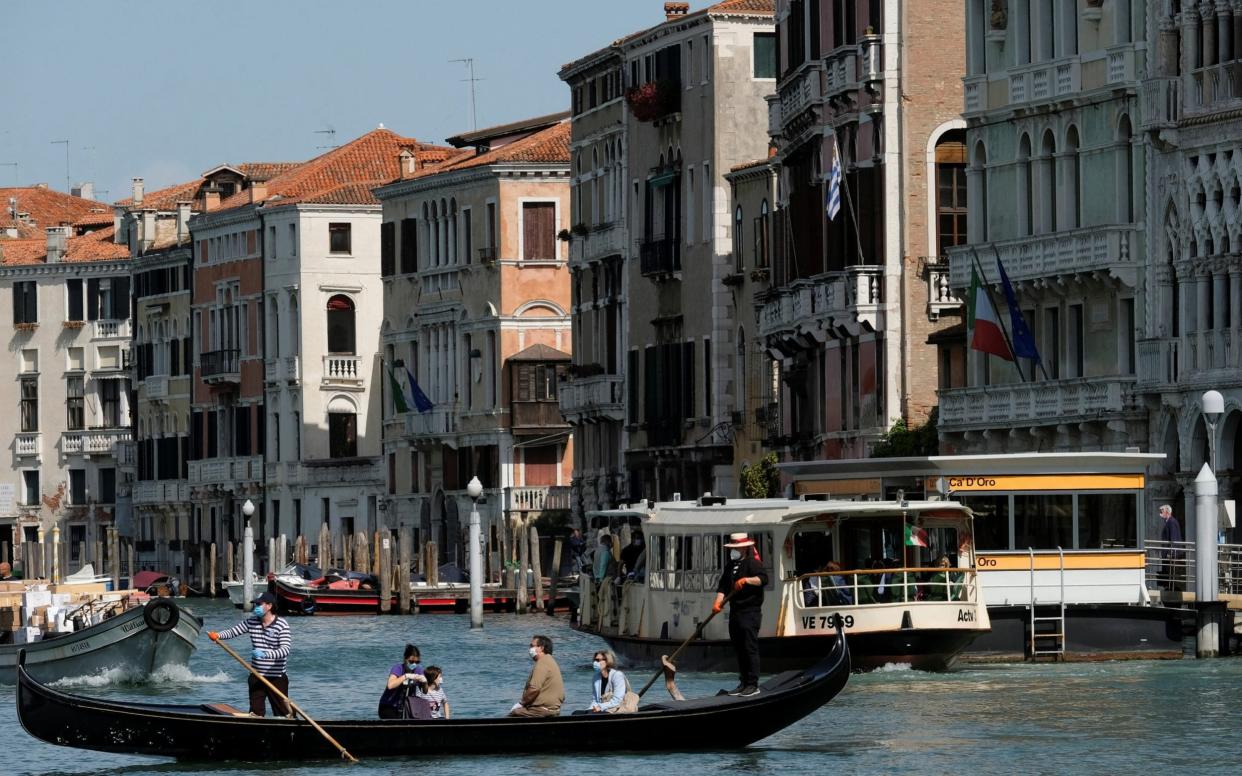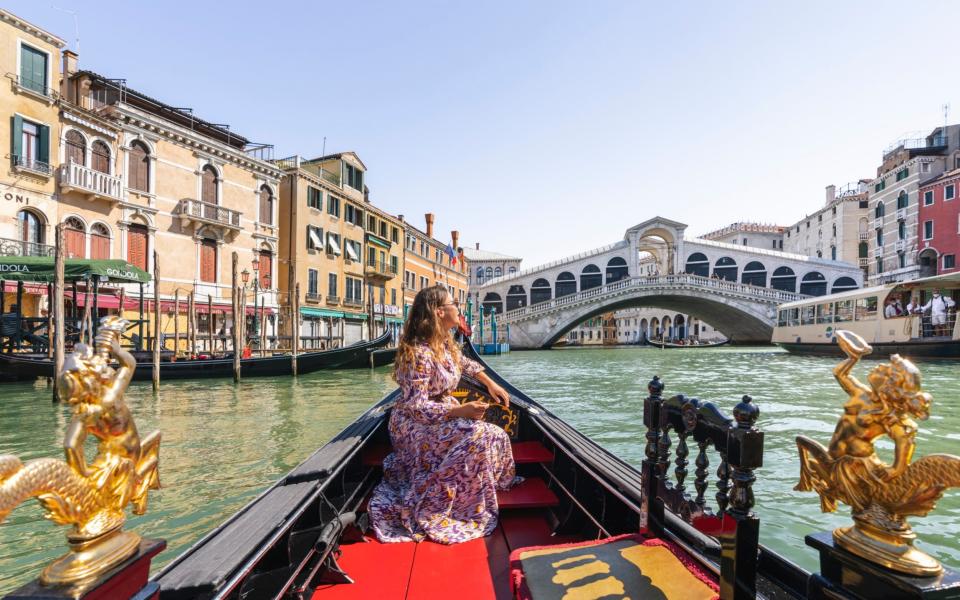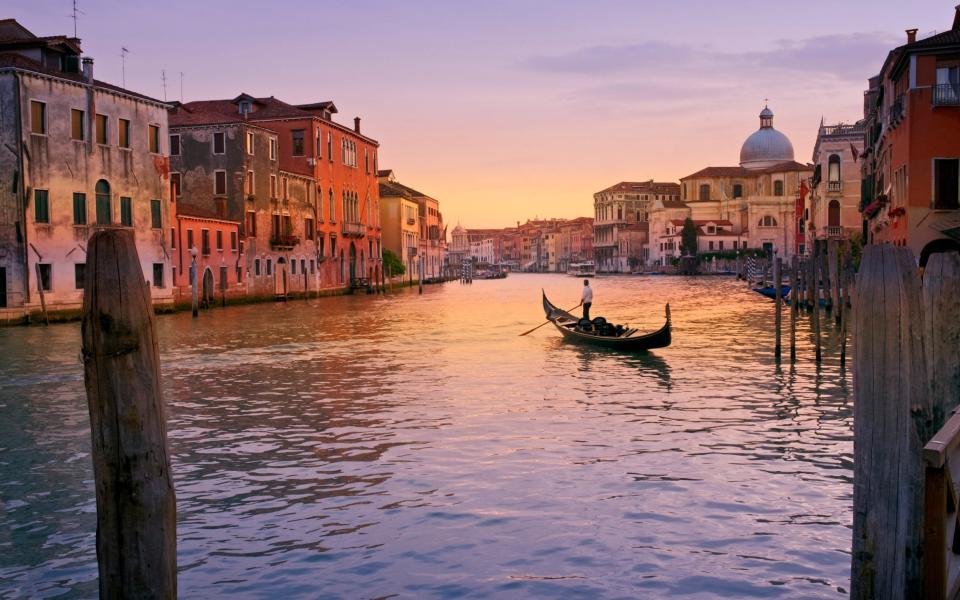Aristocratic owners of Venice's historic palaces say city authorities are trying to ruin them

They boast some of the most sublime architecture in the world, from Byzantine flamboyance to tapered Gothic windows, but they are ruinously expensive to maintain.
The aristocratic owners of Venice’s historic palaces have long been able to rent out their homes for exhibitions and soirees as a way of raising a bit of cash, but that is now being blocked – and they are furious.
A law introduced by the World Heritage city has decreed that private palazzi can no longer host art shows or cultural exhibitions for more than 180 days.
That means that they have been effectively ruled out from offering venues for the 17th Architecture Biennale, which starts on Saturday, and for all future art and architecture Biennales.

The Architecture Biennale lasts seven months and it often takes weeks to install exhibitions and then dismantle them – well over the newly introduced six-month limitation.
Palazzi owners accuse the mayor, Luigi Brugnaro, of using the law as a way of ensuring that Biennale exhibitors will seek venues in buildings owned by the council, such as the Arsenale, the huge arsenal where for centuries Venice built its buccaneering warships and merchant vessels.
There are even dark mutterings that the rule is designed to force palazzi owners to sell up and cede their properties to international hotel chains, which would lure high-spending tourists and provide a handsome source of income for the city council.
They say the block on hosting cultural events could be the death knell for some cash-poor aristocratic families, who struggle to maintain huge palazzi along Venice’s canals.
“Families need to put on exhibitions to earn income,” said Michele Marcello, the founder of Venice Palaces, which matches event organisers with palaces willing to host exhibitions.
“Maintenance of these beautiful palazzi runs into hundreds of thousands of euros and every 10 years or so they might need a restoration that costs millions. It’s a huge cost and there is no help from the State,” Mr Marcello, who is spearheading a protest against the law, told The Telegraph.
Like most of the members of Venice’s aristocracy, whose names are inscribed in a register drawn up in 1297 known as the Golden Book, he does not use a traditional noble title but opts for the more succinct “N.H” meaning Nobil Homo – nobleman.
“During the lockdown I used to row along the Grand Canal and look at how many lights were on in the grand palazzi. There were virtually none. We’re fighting for the defence of the city – these palazzi were originally built as warehouses, they reflect the mercantile tradition of La Serenissima Repubblica, as Venice was known.”

A spokesman for the city said the new regulation was not introduced by the mayor but was a national law designed to regulate the use of private residences.
If palazzi owners want to turn their homes into more permanent exhibition spaces or museums, they would have to apply for permission, he said.
But that could cost tens of thousands of euros and take years to grind through Italian bureaucracy.
“They would have to ensure they have adequate fire exits, access for the disabled, adequate toilets for visitors and changing rooms for staff,” said Massimiliano De Martin.
“The cost would depend on the size of the palazzo and how much investment is required.”
Venice has had a tough couple of years – it was hit by record flooding in November 2019 and then by the Covid-19 pandemic, which emptied the city of tourists. For the city’s blue-blooded families, the coming year is shaping up to be another struggle.

